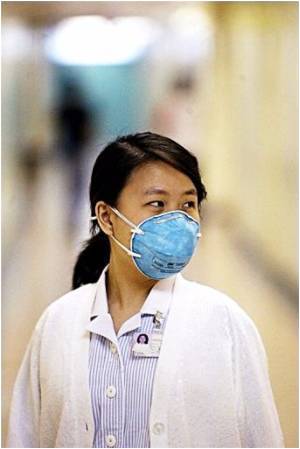
C. difficile infection can cause conditions ranging from mild diarrhoea to pseudomembranous colitis to toxic megacolon, and can be fatal. It is the most common cause of hospital-acquired diarrhoea, and now rivals methicillin-resistant Staphylococcus aureus (MSRA) as the most common health care-associated infection in the United States.
Since 2000, C. difficile infection rates associated with an epidemic strain (C. difficile ribotype 027) have increased in health care facilities in the US, Canada and Europe. This strain has an increased resistance to antibiotics, increased production of toxins and spores, and causes more morbidity and mortality.
“Australia is now also in the grip of this new strain of C. difficile,” Dr Stuart said.
“It is sobering to contemplate that what has occurred in the US, Canada and Europe is potentially and imminently on our doorstep.”
“We must learn from the experience of experts in these countries so that Australia can avoid a similar experience – we already have the benefit of their hindsight to guide us.”
Advertisement
They include stool tests for anyone who develops diarrhoea after a course of antibiotics or while in hospital, and treating patients with metronidazole in mild to moderate cases and vancomycin in more severe or recurrent cases.
Advertisement
The Medical Journal of Australia is a publication of the Australian Medical Association.
Source-MJA









